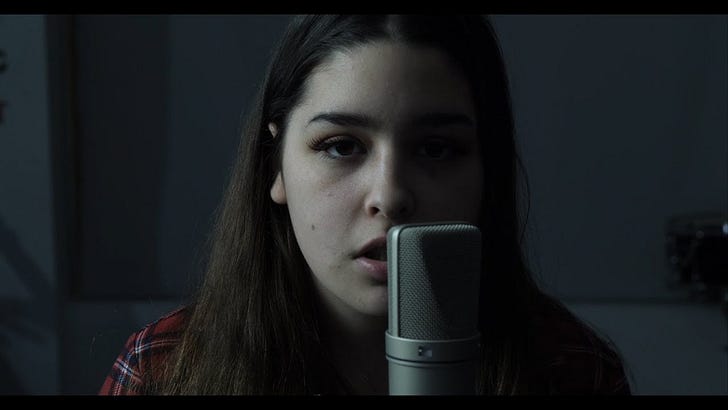Hi all,
Thank you for joining me for this Sunday Special commentary.
Comments and questions are welcome. For Japanese students, vocabulary words in bold are provided in Japanese below.
The Song
(159 words)
Today’s song is the well-known Blackbird, originally written by Paul McCartney in 1968. It was translated into the Mi’kmaq language, a language spoken by about 11,000 people in Canada and the U.S. The meaning of the word Miꞌkmaq is “my friends”. The singer of the new translated version was (at the time) a 16-year-old student named Emma Stevens.
Although the melody and lyrics are quite famous, some of my readers might not know the background of the original song. There is one explanation given by Paul McCartney in which he says that he had read about young people suffering discrimination at Little Rock High School in 1957 because they were black. The group of nine students became known as the Little Rock Nine.
In British English, “bird” often refers to a woman. In the lyrics, McCartney is encouraging these young women to “fly” and be free.
Perhaps Emma is encouraging young people of today to fly and be free.
VOCABULARY
translate 翻訳する
discrimination 差別
encourage 励ます
. . . . . . . . . . . . . .
You can find the lyrics in the Mi’kmaq language in the video description on YouTube.
Original lyrics in English
SOURCES
Kreps, D. (2018, June 25). Paul McCartney meets women who inspired Beatles’ “Blackbird.” Rolling Stone. https://www.rollingstone.com/music/music-news/paul-mccartney-meets-women-who-inspired-beatles-blackbird-57076/
Sienra, R. (2023, July 18). 16-year-old indigenous singer beautifully covers the Beatles’ “Blackbird” in Mi’kmaq language. My Modern Met. https://mymodernmet.com/the-beatles-blackbird-mikmaq-language/
Read more about Emma’s Allison Bernard Memorial High School in Nova Scotia and their projects at: https://abmhseskasoni.ca/





Such a beautiful song! Deeply touching with its guidance for our struggles to be who we are and reach for goals others tell us we aren’t able to. Thanks for this!
I really enjoyed hearing this familiar song again after many years, realizing how we can find many associations in it, depending on age and experience. And I appreciated the beauty of hearing the Mi’kmaq version as well. Thanks so much!